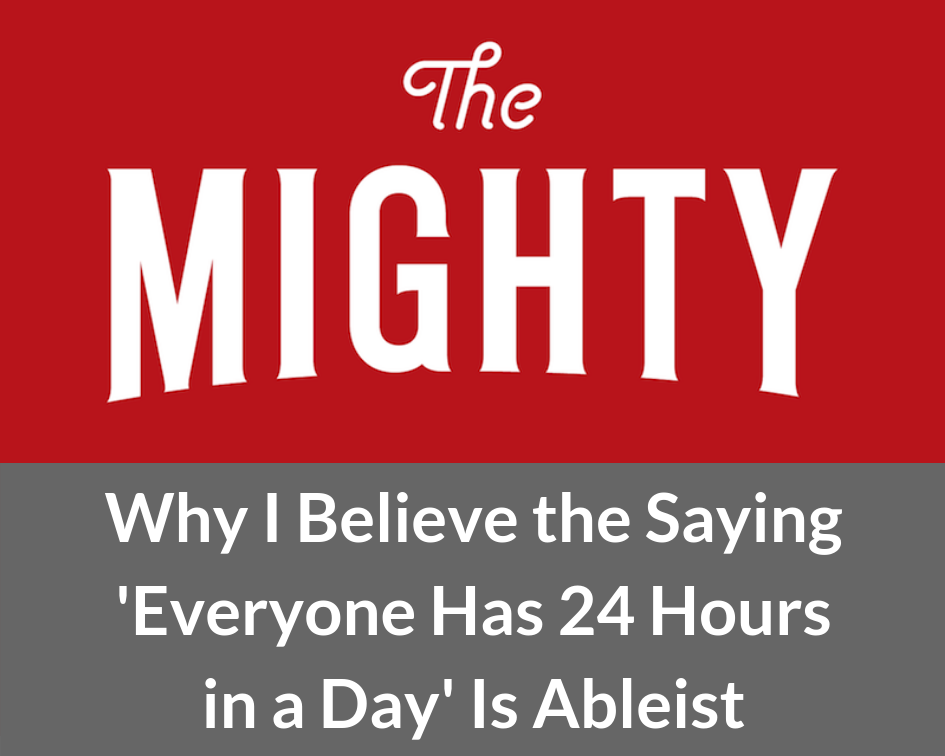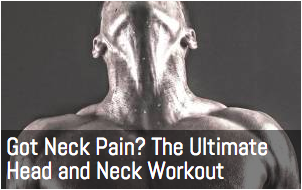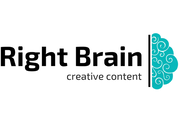|
There's a lot of talk these days about the dangers of bullying. And there should be. With a large number of school shootings and teen suicides directly tied to bullying, it's time we take kids' destructive behaviors seriously.
But it's not just a problem in schools. Unfortunately, bullying happens in the workplace too. I was lucky to never experience bullying first-hand in school, but I haven't been as lucky in my career. A lot of us probably still imagine the big kid with low self-esteem and an uncontrollable temper as the stereotypical "bully." But guess what? He's grown up now, and he has a job!
In 2017, 60.3 million U.S. workers were affected by workplace bullying (i). And people with disabilities are twice as likely to experience bullying and harassment at work (ii). Researchers in one study concluded that "the efforts employees with disabilities make to escape ill-treatment may also exacerbate their marginalisation in less productive, and less well paid jobs, or even lead to their withdrawal from the labour market altogether." To make things worse, 40% of employees who stay in an abusive work environment will suffer adverse health consequences due to the bullying (iii). So an already-compromised employee could easily wind up with more health issues thanks to their bullies.
I've been fortunate to find another, healthier career path since l left my job last year, but leaving wasn't easy. So often when talking about abuse, we hear statements like, "Why didn’t she just leave?" or "I never would've put up with that!" The problem is that it's never that simple. Abusers are good at what they do. They've learned how to gaslight their targets, making them question their own perceptions of events. As someone who always had the it-could-never-happen-to-me mindset, I was shocked when I realized it had happened to me.
I had witnessed our team rally around other employees when they opened up about their personal struggles, and I was lulled into a feeling of safety in my close-knit work team. I felt that honesty was the best policy, and my managers assured me that I had their full support.
But when my abuser learned about my memory problems, he saw them as an opportunity to take control. At first, I didn't realize what was happening. I would catch myself thinking, my memory's not that great, I must've just forgot that he told me to do that, or I don't remember that from the meeting, but I probably just misinterpreted the presentation. As the behavior became a frequent pattern, I finally began noticing red flags. Occasionally, another coworker or witness to a situation would unexpectedly back up my version of events. Or I would refer back to my detailed notes and find that I'd been correct all along. And as the gaslighting intensified, I noticed more and more inappropriate comments from my abuser, who could easily say I just took it the wrong way or was taking it out of context if I brought it up later. The worst part is that my health really did take a hit from the abuse. Because I was constantly being fed the semi-truth that my memory was failing, I didn't always emphasize my other symptoms when talking with my doctors - other symptoms that were actually a much bigger indicator of problems than my memory loss. If I'd been able to see my situation more objectively, I may have been diagnosed sooner. When my health turned a corner and I was able to return to my regular full-time schedule, the abuse was clear. By this point, I had written evidence and even voice recordings of my abuser lying to me and our managers. Because my company lacked a human resources department, and I hadn't had any luck trying to address the situation with my superiors, I had to make a choice. I could file a lawsuit and probably waste countless hours and money I didn't have fighting an uphill battle in court. Or I could take what was left of my dignity and walk away. I channeled my anger into a long resignation letter. I made sure to point out the fact that I loved my job, I felt a strong connection to the company and the work I did on a daily basis, and I had lost a good amount of sleep over my decision to leave. I had poured my heart and soul into my work for over five years and I was proud of the changes I'd made in my company. But there comes a point when you realize that no matter how important your career is to you, your health is more important. At the time, I wasn't sure if I was doing the right thing. Looking back, I know that leaving was the best choice I could've made. While I don't think abuse should be allowed to continue in the workplace, and more needs to be done to address harassment of people with disabilities, I know my health is infinitely better now than it would be if I'd stayed. Abuse, and specifically gaslighting, isn't something we talk about in our offices or our day-to-day lives. No one wants to accuse someone of targeting and harassing a person with a disability. It's just not a nice thing to talk about. But that's why we need to talk about it. If you or someone you know is experiencing bullying at work, there are ways you can take action. As someone who's been there, here are my tips:
[i] https://www.workplacebullying.org/multi/img/2017/Infographic-2017.png
[ii] https://phys.org/news/2013-03-disabled-employees-bullied.html [iii] https://www.workplacebullying.org/multi/pdf/2017/Health.pdf
1 Comment
I recall a co-worker, Jane, whose struggles with chronic illness painted a vivid picture of resilience and vulnerability. Despite her daily battles with rheumatoid arthritis, Jane's commitment to her role never wavered. However, the impact was undeniable—frequent doctor visits, physical discomfort, and the mental toll of managing symptoms while maintaining her responsibilities. This experience highlighted the critical need for supportive workplace policies that acknowledge and adapt to the unique challenges faced by individuals with chronic conditions. It's a poignant reminder that behind every employee's performance are diverse personal battles and wellness journeys that deserve recognition and understanding.
Reply
Leave a Reply. |
My name is Maggie Morehart, and I'm the creator of Incurable. Learn more.
Categories
All
More Places to Find Me |

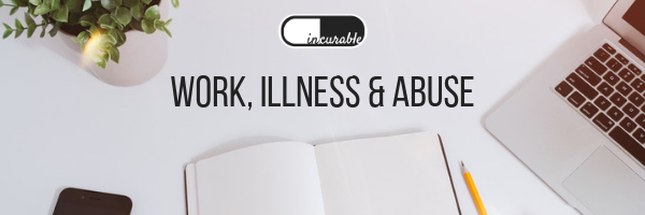
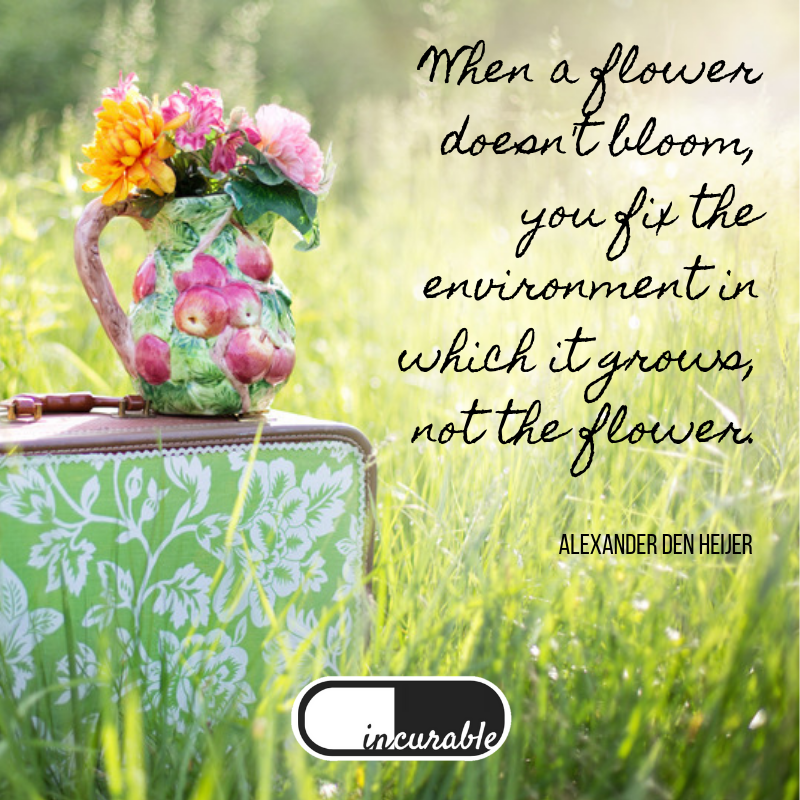

 RSS Feed
RSS Feed
